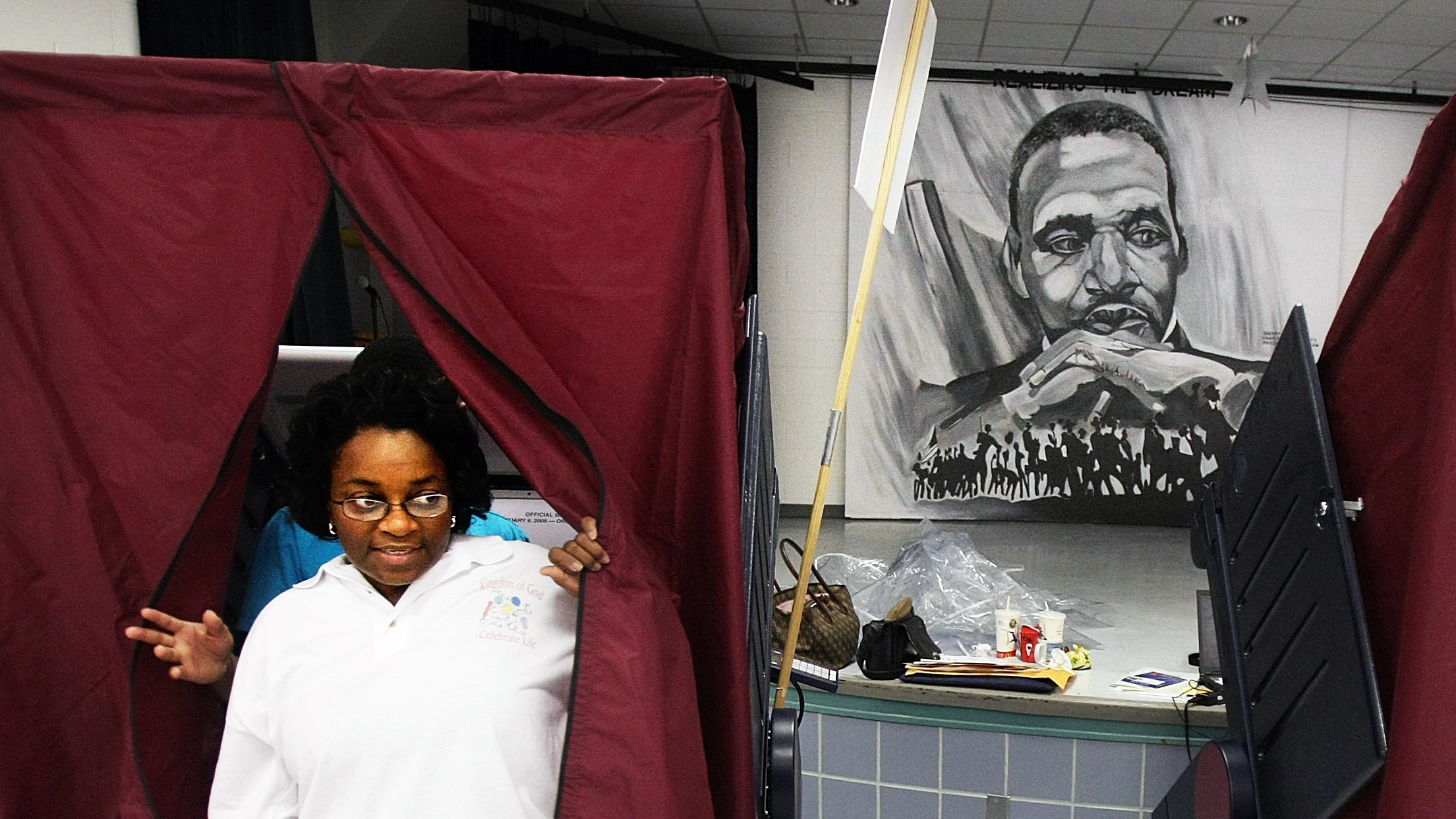Laurie Vazquez
Contributing Writer
Laurie writes about science and technology for Popular Science, TIME, and FiatPhysica. Her passion is figuring out how things work and explaining them in plain English. She is always on the hunt to find and share the coolest ideas out there, and is excited to do that for BigThink. When she's not doing that, you’ll probably find her playing video games, her viola, or writing science fiction radio plays for KSVR’s Radio Theater Project. You can also find her on Twitter @mslauriewrites.
Vampires and the Fountain of Youth are living legends once again. New studies that hope to find youthful properties in the blood of humans under the age of 25. What could go wrong?
The study was conducted by Cambridge researchers.
In 2017, Moon Express will be the first private company to land on the moon. Its goal is to mine the moon’s resources and use the lunar surface as a stepping stone for exploring the rest of the universe.
One year ago, Syrian refugee Yusra Mardini was swimming for her life in the Mediterranean Sea, desperate to escape her war torn country. This week, she will swim for gold at the 2016 Olympic Games in Rio de Janeiro.
The 2016 Presidential election, between Hillary Clinton and Donald J. Trump, will be the first without key provisions of the 1965 Voting Rights Act to stop voter disenfranchisement.
According to neuroscience, fear is killing us.
Credit card debt is an increasing problem for many Americans. It seems insurmountable, but it can be overcome. It just needs to be conquered one step at a time, and […]
New analyses of data gathered by the 2001 Mars Odyssey rover reveals that water molecules are bound up in the very soil of Mars.
We all know that sunny days make us happy — but did you know that they also make us gamble? And that warm weather leads to both less sexual activity and higher incidents of depression?
Doctors ran a typical a brain scan on an epilepsy patient. As they were watching, the patient saw God. Here’s what happened next.
Sotheby’s will auction off 380 pieces from Bowie’s collection later this year. The collection is “eclectic, unscripted, [and] understated,” according to Sotheby’s European chairman Oliver Barker.
Healthy sounding foods aren’t always healthy. A 2014 study titled Truth, Lies, and Packaging: How Food Marketing Creates a False Sense of Health examined the difference between packaging claims of […]
How many kinds of stories are there? From Harry Potter, to Oedipus and Romeo and Juliet, scientists at University of Vermont use data modeling to figure it out.
Police use the same mechanism to make split-second life-or-death decisions that we do. But that mechanism is kind of a racist idiot.
A new Italian study shows that women who eat pasta are skinnier. But there’s more to the research than that.
Most amusement parks like Disney and Six Flags pride themselves on being family friendly attractions. These parks do not.
One writer’s journey through a video game that can only be completed by writing.
The World Health Organization just reversed 25 years of warnings about coffee causing cancer – and unleashed a tidal wave of concern for tea drinkers.
Nobody likes sitting in a dentist’s chair, especially to have a cavity fixed. But why does that process take so long? Because fillings take forever to apply — and your […]
How many trees do you need to see before you feel relaxed? Less than you think.
A recent Supreme Court ruling declared that unintentional bias is not only real but harmful. That ruling not only validates the work of cognitive scientists, but paves the way for change.
The Global Challenges Foundation released a Global Catastrophic Risk Report last week. The results aren’t pretty. Or surprising.
A recent study out of Australia has crunched data over a 29-year timespan and found no correlation between cellphone usage and brain cancer. Hooray!
The arctic research ship that captured the heart of the internet will NOT be named Boaty McBoatface. And the public is not happy about it.
One psychologist’s quest to figure out one incredibly icky word
When was the last time anyone cared about an Artic research ship? Exactly.
Creepy is a hard thing to pin down. Thankfully, science has just done it. Here are the definitive characteristics of creepiness.
The Lowline is the world’s first underground park. Well, almost: it’s testing the science of growing plants underground on Manhattan’s Lower East Side – and it’s a literal urban jungle.
Penguins in Antarctica are changing their migration patterns. Scientists aren’t sure why — and they need your help to figure it out. And you can do it from the comfort of your home.
Wonder how your brain makes space for new memories? Scientists at Oxford just discovered how.





























